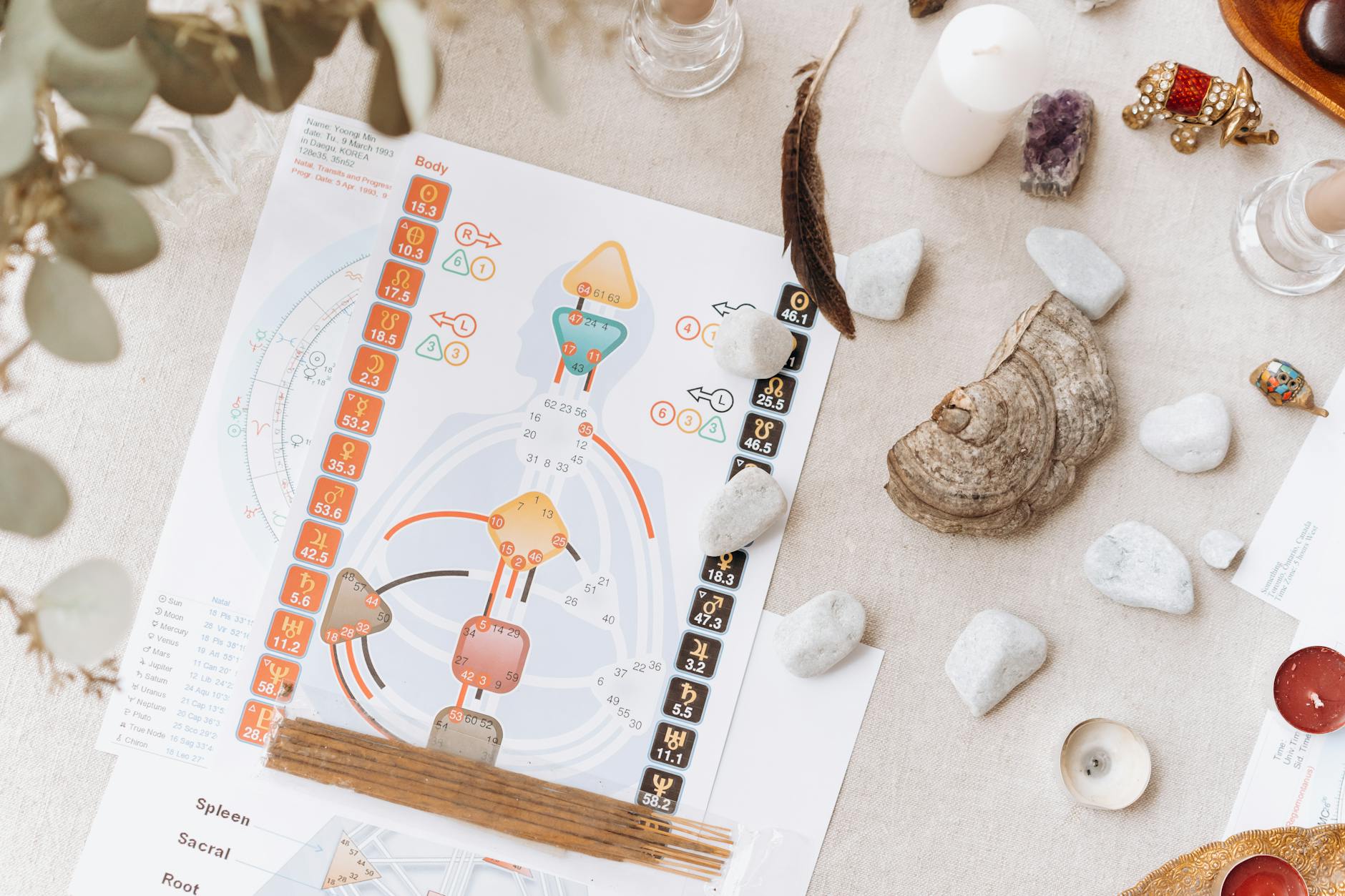Navigating the Emotional Landscape: A Card Game Analogy for Personal Growth
Finding Value in the Cards We’re Dealt
The following article explores the concept of personal growth and resilience, drawing an analogy from the card game Hearts to illustrate how individuals can navigate challenging situations and find meaning even when faced with adversity. It aims to provide a balanced perspective on managing personal struggles and fostering a proactive approach to well-being.
A Brief Introduction On The Subject Matter That Is Relevant And Engaging
Life, much like the card game Hearts, often presents us with a hand of circumstances that can feel overwhelming. The objective in Hearts is to avoid accumulating points, which are represented by cards in the heart suit. This mirrors the human tendency to shy away from difficult experiences, pain, or perceived failures. However, as explored in this piece, understanding the inherent value and potential for growth within these “point cards” can fundamentally shift our perspective. The analogy suggests that rather than solely focusing on avoidance, we can learn to manage and even transform these challenging aspects of our lives into opportunities for learning and development. This article delves into how embracing the entirety of our experiences, rather than just the “low-point” cards, can lead to a more robust and fulfilling personal journey.
Background and Context To Help The Reader Understand What It Means For Who Is Affected
The game of Hearts, with its strategic nuances, offers a potent metaphor for the complexities of human experience. In the game, certain cards, particularly those in the heart suit, carry negative point values. The player who manages to accumulate the fewest points wins. This can be likened to how individuals often approach personal challenges: aiming to minimize pain, avoid difficult emotions, or escape situations that feel detrimental. The emotional toll of experiences like trauma, loss, or significant life changes can feel like being dealt a hand full of “point cards.”
For those who have faced such challenges, the immediate reaction might be to try and discard these difficult experiences as quickly as possible. However, this avoidance strategy, much like a poorly played hand in Hearts, can lead to a higher overall score in the long run. The context here is crucial: the article posits that actively engaging with these challenging cards, understanding their implications, and learning to play them strategically, can ultimately lead to a more favorable outcome in the game of life. This perspective is particularly relevant for individuals who may be struggling with the lingering effects of difficult past experiences, offering a framework for reframing their relationship with their own personal “point cards.”
In Depth Analysis Of The Broader Implications And Impact
The implications of this Hearts analogy extend far beyond a simple card game. It touches upon fundamental aspects of human psychology, resilience, and personal growth. By viewing difficult experiences as inherent components of our life’s “hand,” rather than something to be solely avoided, we can begin to foster a more adaptive and empowered mindset.
The potential impact of this reframing is significant. For instance, individuals who have experienced trauma might initially perceive their past as a collection of devastating “point cards.” However, by applying the principles of strategic play – understanding the nature of these experiences, learning coping mechanisms, and seeking support – they can begin to integrate these events into their life narrative in a way that promotes healing and strength. This isn’t about minimizing the pain or the impact of these events, but rather about actively managing their presence and influence. The broader societal implication is a shift in how we approach mental health and well-being. Instead of focusing solely on the absence of negative experiences, we can emphasize the development of skills to navigate and learn from them. This can lead to more resilient communities and a greater capacity for empathy and understanding.
Furthermore, this perspective challenges the societal narrative that often equates success with the absence of struggle. The article suggests that true success might be found in the skillful navigation of adversity, in learning to play even the most challenging cards with grace and intention. This can have a profound impact on how we educate our children, how we support our colleagues, and how we foster a culture that values growth over perfection.
Key Takeaways
- Life, like the card game Hearts, presents challenges that can be perceived as negative.
- Avoiding difficult experiences (“point cards”) may not always be the most beneficial long-term strategy.
- Learning to strategically manage and engage with challenging aspects of life can lead to personal growth.
- Reframing adversity as an opportunity for learning fosters resilience and a more adaptive mindset.
- The skillful navigation of difficult experiences contributes to a more fulfilling and robust life narrative.
What To Expect As A Result And Why It Matters
Adopting the perspective that challenges are not just obstacles to be overcome but opportunities to be learned from can lead to a tangible shift in personal experience. Initially, actively engaging with difficult emotions or situations might feel uncomfortable, akin to playing a high-point card in Hearts. However, with practice and intention, individuals can develop greater emotional regulation, increased self-awareness, and a stronger sense of agency.
The “why it matters” is deeply rooted in the pursuit of a meaningful and resilient life. By learning to play our “point cards” effectively, we build internal resources that can serve us in future challenges. This approach moves away from a victim mentality towards one of empowerment. It matters because it can transform how we perceive our own capabilities and how we interact with the world. For example, a person who learns to navigate a difficult work situation with thoughtful communication and problem-solving, rather than just enduring it or complaining, not only resolves the immediate issue but also builds valuable professional skills and confidence. This, in turn, can open doors to new opportunities and foster a more positive and productive environment for themselves and those around them.
Advice and Alerts
For those seeking to apply this “Hearts” analogy to their own lives, consider the following:
- Identify Your “Point Cards”: What are the recurring challenges, difficult emotions, or situations that you tend to avoid or that cause you distress?
- Observe Without Judgment: Approach these experiences with curiosity rather than immediate negativity. What can you learn from them?
- Strategic Play: How can you consciously choose to engage with these challenges? This might involve seeking support, developing new skills, or reframing your perspective.
- Practice Patience: Learning to play difficult cards effectively takes time and practice. Be patient with yourself during this process.
- Seek Support: Just as a good Hearts player might consult strategies or play with others, don’t hesitate to seek guidance from friends, family, therapists, or mentors when facing significant challenges.
Alert: While embracing challenges is valuable, it is crucial to distinguish between learning opportunities and situations that are genuinely harmful or abusive. Prioritize your safety and well-being. If a situation poses a threat, avoidance and seeking immediate help are paramount.
Annotations Featuring Links To Various Official References Regarding The Information Provided
While the core analogy is drawn from the game of Hearts, the principles of resilience, emotional regulation, and personal growth are supported by extensive research and resources. The following links provide further information and official references:
- American Psychological Association (APA) – Resilience: The APA offers comprehensive resources on understanding and building resilience, a key component of navigating life’s challenges.
https://www.apa.org/topics/resilience - National Institute of Mental Health (NIMH) – Coping with Stress: NIMH provides information on effective strategies for coping with stress, which is directly relevant to managing “point cards” in life.
https://www.nimh.nih.gov/health/topics/stress - Mayo Clinic – Mindfulness and Meditation: Practicing mindfulness and meditation can be powerful tools for observing emotions and engaging with challenges in a more balanced way.
https://www.mayoclinic.org/healthy-lifestyle/stress-management/in-depth/mindfulness-meditation/art-20046946 - Understanding the Game of Hearts: For those interested in the literal game, resources explaining the rules and strategies can further illuminate the analogy.
https://www.pagat.com/card/hearts.html (This link is for informational purposes regarding the game itself.)


























